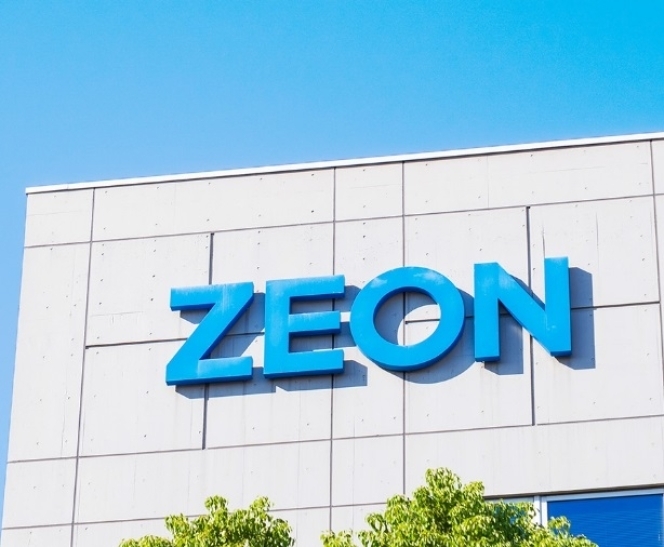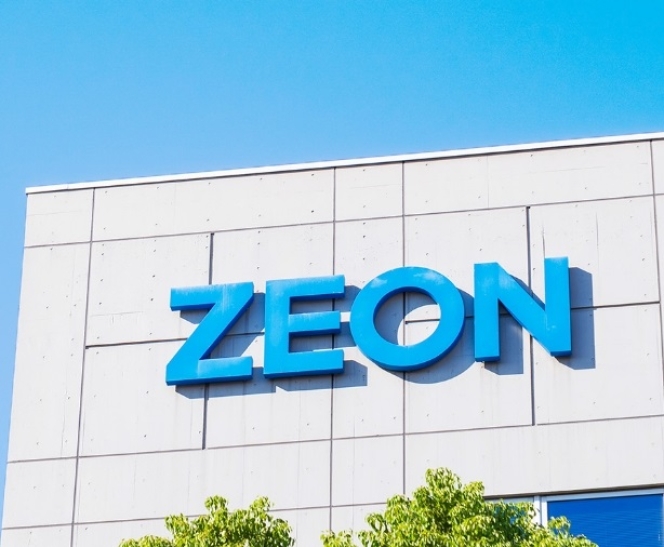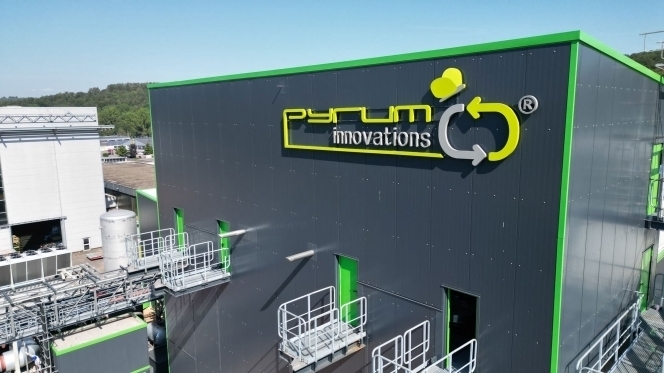Capturing The Rubber Throne: Malaysia
- By Sharad Matade & Juili Eklahare
- January 06, 2023

Even though Malaysia has one of the top rubber industries in the world, it comes with its own share of challenges. Rubber consumption will only increase with the years to come, and with sustainability holding huge prominence in every industry possible, the rubber industry – including the Malaysian one – has to abide by those standards as well. But nothing has stopped this Southeast Asian country from standing up to the challenges it encounters – from the lack of tappers to the challenges that come with stepping into new rubber-related industries. In an interview with Tyre Trends, Dato’ Dr Zairossani Mohd Nor, Director General, Malaysian Rubber Board, discusses how tappers need to work in clusters, the incentives brought in for the rubber industry by the Malaysian government, the use of mechanisation and automation in tapping and more. Read on…
The year 2020 was also the year of the dreadful Covid-19 pandemic, although Dato’ Dr Zairossani Mohd Nor, Director General, Malaysian Rubber Board (MRB), claims that in the last two years, the export contribution of Malaysia’s rubber industry has more than doubled from RM 31.1 billion in 2019 to 71 billion in 2021.
“So the export contribution increased to about 71 billion ringgit,” Dr Mohd Nor tells us. “But this contribution mainly comes from the downstream sector. As you know, during the pandemic, the demand for gloves increased in the country. Therefore, it has assisted the domination of the industry to see the overall increase in export contribution.”











Comments (0)
ADD COMMENT